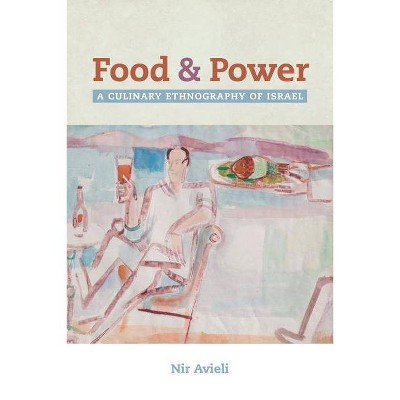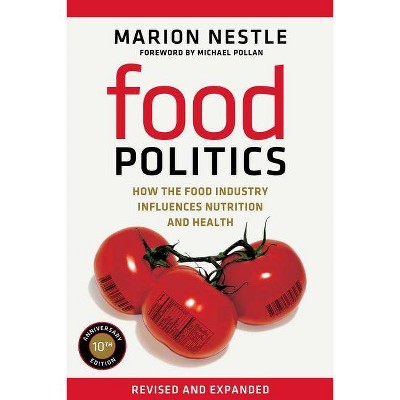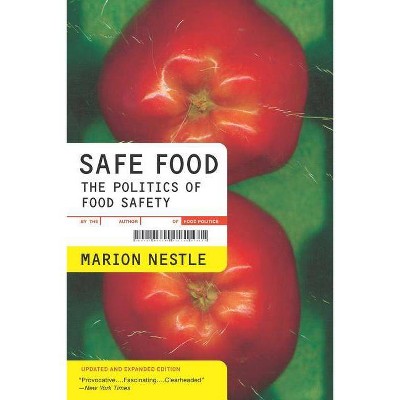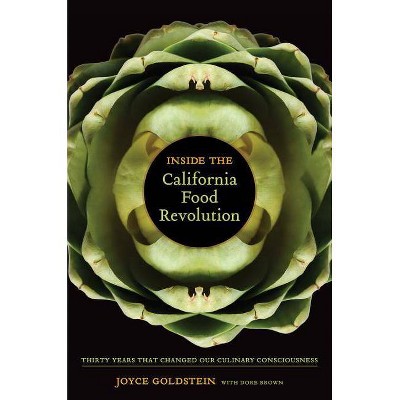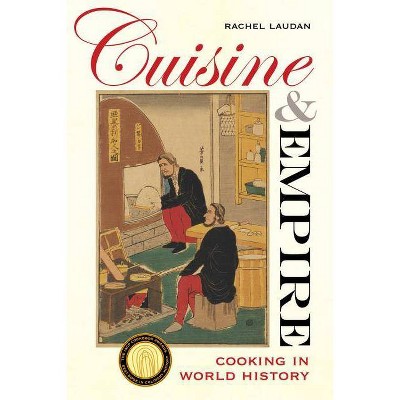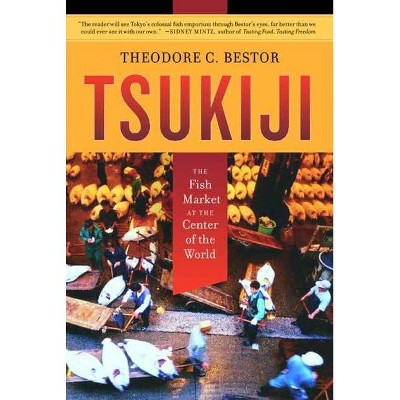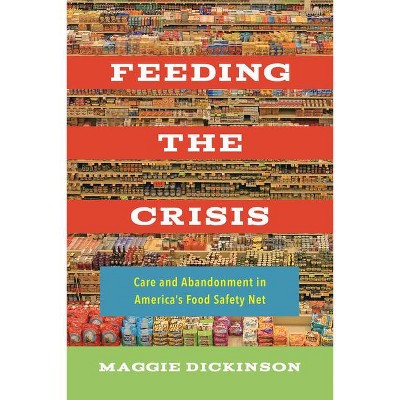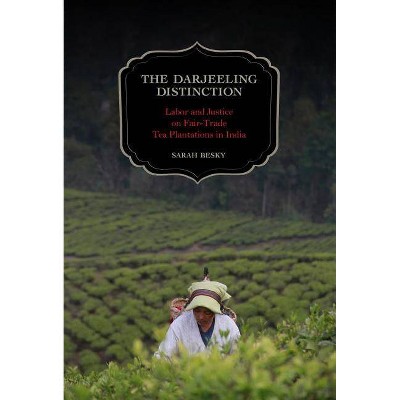Gastropolitics and the Specter of Race, 76 - (California Studies in Food and Culture) by María Elena García (Paperback)
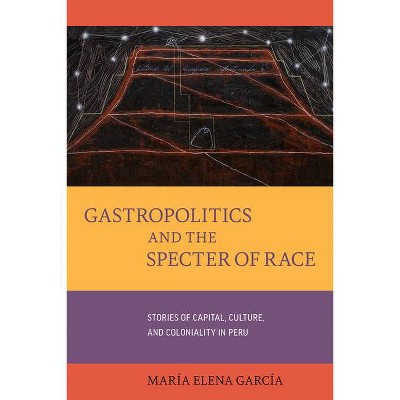
Similar Products
Products of same category from the store
AllProduct info
<p/><br></br><p><b> About the Book </b></p></br></br>"In recent years, Peru has experienced a transformation from a war-torn country to a global high-end culinary destination. Connecting chefs, state agencies, global capital, and Indigenous producers, this "gastronomic revolution" makes powerful claims: food unites Peruvians, dissolves racial antagonisms, and fuels development. Gastropolitics and the Specter of Race critically evaluates these claims and tracks the emergence of Peruvian gastropolitics, understood as a biopolitical and aesthetic set of practices that reinscribe dominant racial and gendered orders. Through ethnographic analysis and critical readings of high-end menus, culinary festivals, guinea pig production, national-branding campaigns, and other elements of Peru's gastropolitical complex, this work explores the intersections of race, species, and capital to reveal links between gastronomy and violence"--<p/><br></br><p><b> Book Synopsis </b></p></br></br>In recent years, Peru has transformed from a war-torn country to a global high-end culinary destination. Connecting chefs, state agencies, global capital, and Indigenous producers, this "gastronomic revolution" makes powerful claims: food unites Peruvians, dissolves racial antagonisms, and fuels development. <i>Gastropolitics and the Specter of Race </i>critically evaluates these claims and tracks the emergence of Peruvian gastropolitics, a biopolitical and aesthetic set of practices that reinscribe dominant racial and gendered orders. Through critical readings of high-end menus and ethnographic analysis of culinary festivals, guinea pig production, and national-branding campaigns, this work explores the intersections of race, species, and capital to reveal links between gastronomy and violence in Peru. <br><p/><br></br><p><b> From the Back Cover </b></p></br></br>"María Elena García offers a powerfully told story of the gastropolitical revolution in Peru, with a critical, intimate approach that departs from the often celebratory reception of the phenomenon. García links the recent branding of Peruvian cuisine to longstanding violence and extraction of the nation's resources at the expense of indigenous Andean peoples and other earth beings."--Florence E. Babb, author of <i>Women's Place in the Andes: Engaging Decolonial Feminist Anthropology</i> <p/> "An absolutely original account of Peru's gastronomic boom, which involves the supposed uplifting of Indigenous foods and the country's shedding of its violent past. Through a series of gripping accounts--from the genetic modification and slaughter of guinea pigs to the militarism hiding in the kitchens of five-star restaurants--the book draws connections between gastropolitics, violence, and patriarchy from south to north. Grappling with the contradictions between the cultural opening to Native foods and the durability of racial thought, <i> Gastropolitics and the Specter of Race </i>exposes the desires and aesthetics of settler coloniality at the heart of Peru's new cuisine."--Bret Gustafson, author of<i> Bolivia in the Age of Gas</i> <p/> "<i>Gastropolitics and the Specter of Race</i> is a stunning meditation on how Peru's much-feted Gastronomic Revolution reenacts older histories of settler colonialism and racial capitalism even as it insists that shared love for food can heal violent pasts. García's riveting and deeply moving storytelling, at once intimate and historical in scale, takes us through a culinary world haunted by logics of extraction, accumulation, and devastation. And yet, as García powerfully and persuasively demonstrates, Indigenous refusal of erasure creates alternate possibilities for life and futures even in landscapes marked by violence and death. A truly remarkable book that offers a profound reflection on the relationship between race, species, and capital."--Radhika Govindrajan, author of <i>Animal Intimacies: Interspecies Relatedness in India's Central Himalayas</i> <p/> "<i>Gastropolitics and the Specter of Race </i>offers an altogether timely, innovative, and exquisitely written reflection on the politics and spectral hauntings of Peru's gastronomic revolution. In writing of race, capital, and violence in the realm of the culinary, María Elena García moves deftly from incisive explorations of the tastes and spectacles of Peru's contemporary culinary delicacies to insightful analyses of the colonial histories and global politics that inform the stories of Peru." --Robert Desjarlais, author of <i>The Blind Man: A Phantasmography</i><p/><br></br><p><b> About the Author </b></p></br></br><b>María Elena García</b> is Associate Professor in the Comparative History of Ideas Department at the University of Washington.
Price History
Cheapest price in the interval: 29.99 on October 22, 2021
Most expensive price in the interval: 29.99 on November 8, 2021
Price Archive shows prices from various stores, lets you see history and find the cheapest. There is no actual sale on the website. For all support, inquiry and suggestion messagescommunication@pricearchive.us
